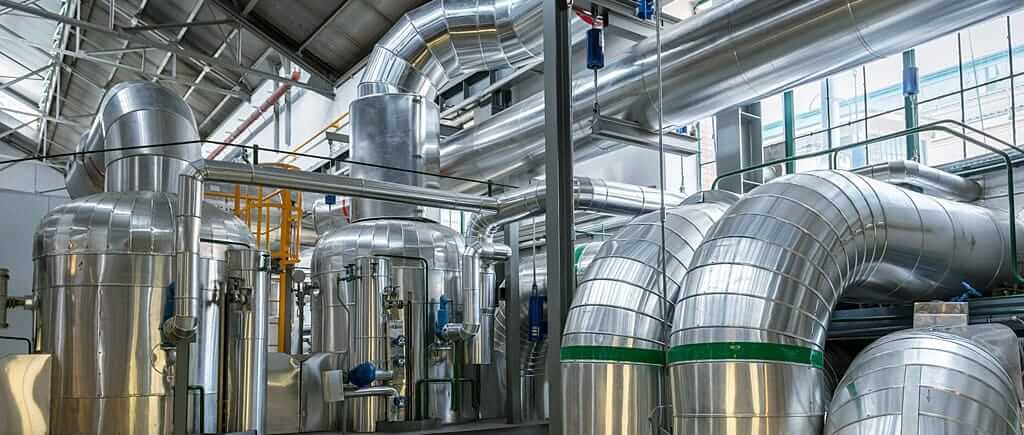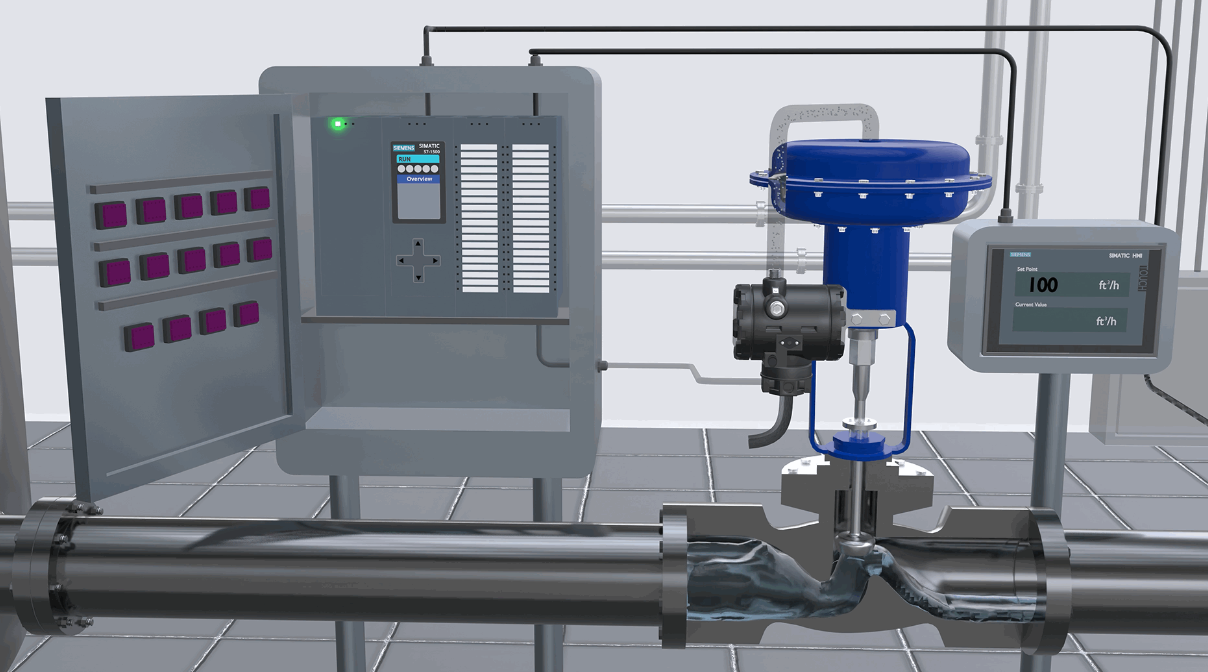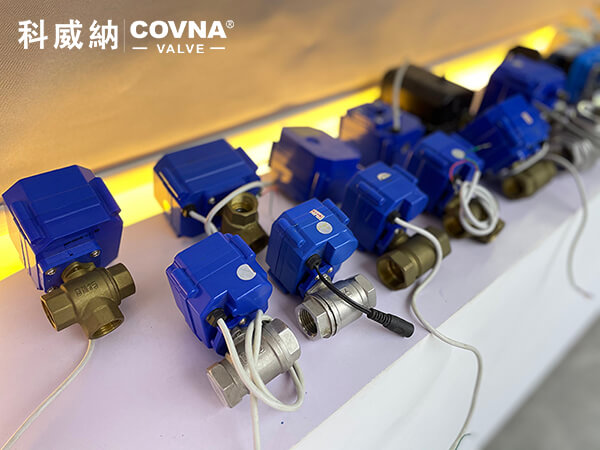In the context of the Internet of Things, distinct heating can achieve more intelligent and automated management. By connecting various devices and sensors in the heating system with the Internet of Things, real-time monitoring and control of the heating system can be achieved.
For example, real-time monitoring and analysis of temperature, pressure, and flow rate in heating pipes can enable intelligent regulation and control of the heating system, improving its energy efficiency and safety.

Distinct heating systems typically consist of multiple heating stations and users, with valves and remote control systems being important components of the system. Here is their role and relationship:
Distinct heating system
A distinct heating system is a heating method that provides heat energy to individual buildings or units. Its advantages include energy conservation, pollution reduction, and improved heating efficiency. The system consists of multiple heating stations and users, and hot water is transported to users’ heating equipment through pipelines.
Valves
Valves are a crucial component of distinct heating systems, controlling the flow, temperature, and pressure of hot water to ensure the stable operation and safety of the system. Valve selection and installation location need to be chosen reasonably based on system characteristics and requirements.
Remote Control System
A remote control system is a system that enables monitoring and control of distinct heating systems through a remote control center. The system can achieve remote control and monitoring of devices such as valves, pump stations, and heat exchangers to achieve accurate regulation and maintenance of the system. Commonly used systems include PLC systems and DCS systems.

Valves play a crucial role in distinct heating systems, controlling the flow of hot water to ensure the stable operation and safety of the system.
Importance Of Valves In Distinct Heating Systems
Control of hot water flow rate
Valves can control the flow rate of hot water to meet the heat demand of different buildings or units. Precise control of hot water flow rate can be achieved by adjusting the valve opening, resulting in balanced heat distribution.
Regulation of hot water temperature
Valves can regulate the temperature of hot water to meet the heat demand of different buildings or units. Precise control of hot water temperature can be achieved by adjusting the valve opening, resulting in precise heat regulation.
Prevention of hot water backflow
Valves can prevent hot water backflow, ensuring the safety and stability of the system. Proper check valves and bypass valves can effectively prevent hot water backflow, avoiding system failure and damage.
Regulation of system pressure
Valves can regulate the pressure of the system to meet the needs of different buildings or units. Precise regulation of system pressure can be achieved by adjusting the valve opening, ensuring the stable operation of the system.
Maintenance of system balance
Valves can maintain the balance of the system, avoiding hot water flow to a single building or unit, resulting in insufficient heat in other buildings or units. Proper balance valves can achieve balanced distribution of the system, ensuring the stable operation of the entire system.
In distinct heating systems,miniature motorized ball valves are a common type of valve. They have the advantages of compact structure, small size, fast response speed, and high control accuracy, suitable for occasions requiring high-precision control and compact installation space. In addition to precision small electric ball valves, other types of valves are also used.
Butterfly Valves
Butterfly valves are simple in structure, easy to operate, and small in size, widely used in the regulation and cut-off of medium flow in distinct heating systems. The advantages of butterfly valves are fast opening and closing, low flow resistance, and good sealing performance, suitable for occasions with large medium flow and low pressure.
Gate Valves
Gate valves are a common type of valve used to cut off the flow of medium. They have a simple structure and good sealing performance, widely used in pipe cutting and regulation in distinct heating systems. The advantages of gate valves are small opening and closing torque, good sealing performance, and suitable for high-pressure and high-temperature media.
Check Valves
Check valves are used to prevent medium backflow, widely used in pump stations, heat exchangers, and other equipment in distinct heating systems. The advantages of check valves are small opening and closing torque, low flow resistance, and good sealing performance, suitable for occasions with small medium flow and large fluctuations.
If you need high-quality valve products and solutions, please contact sales@covnavalve.com, we will provide you with professional technical support and high-quality services.
Post time: Apr-21-2023




